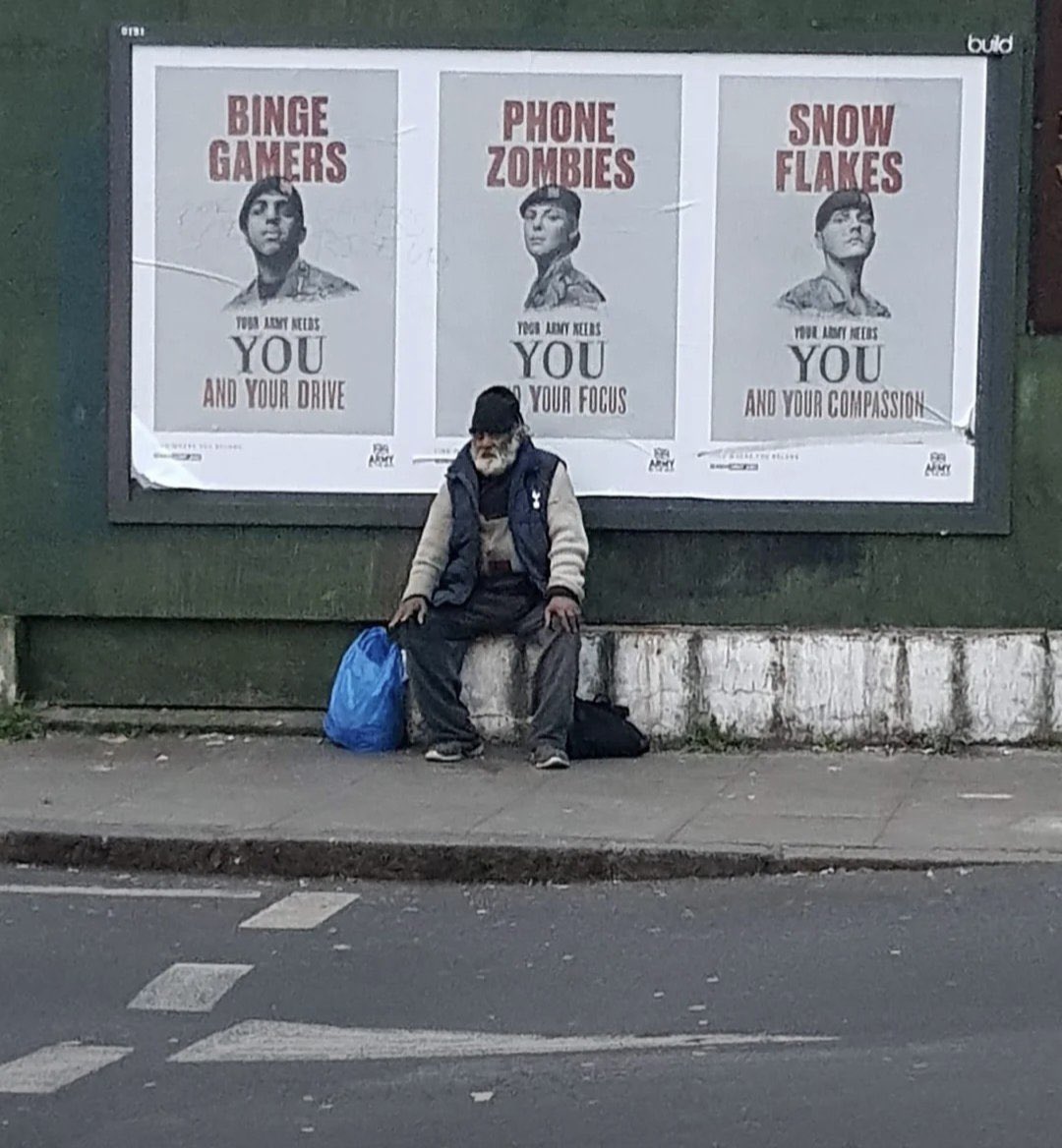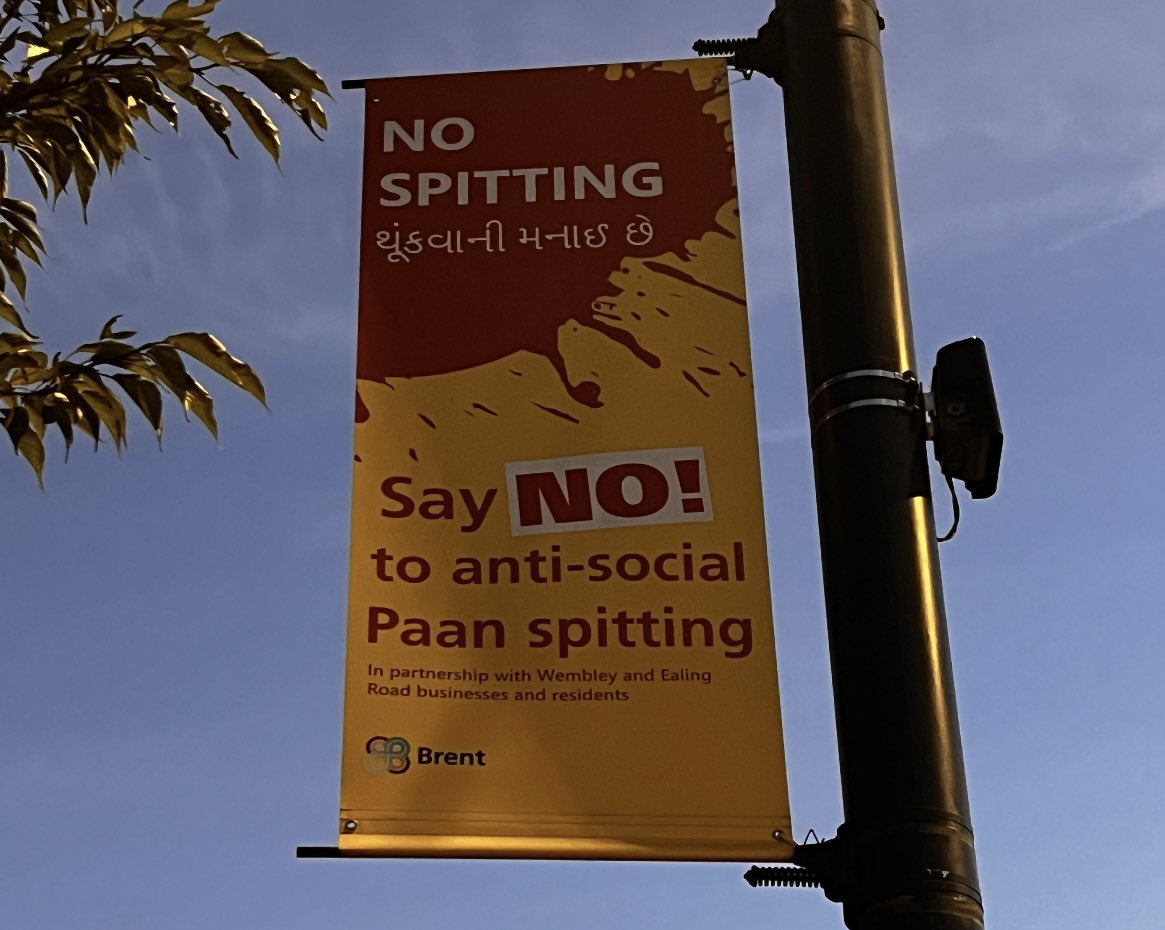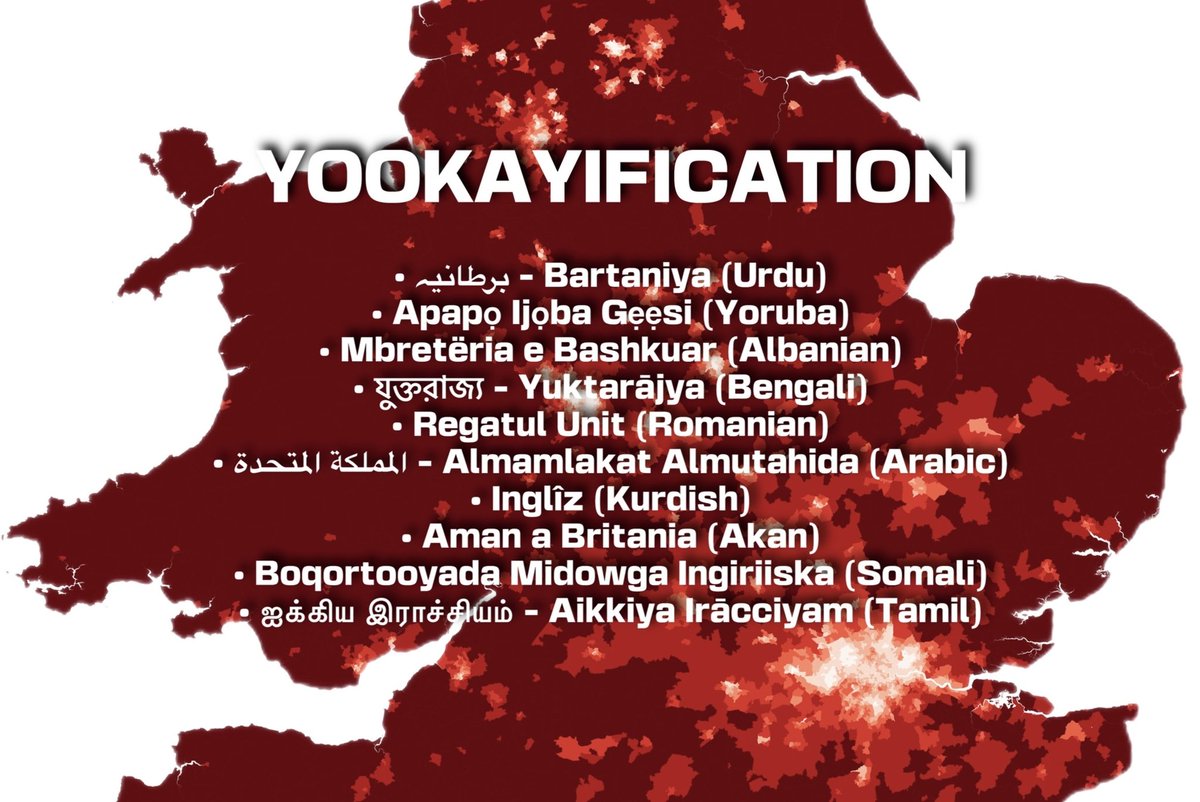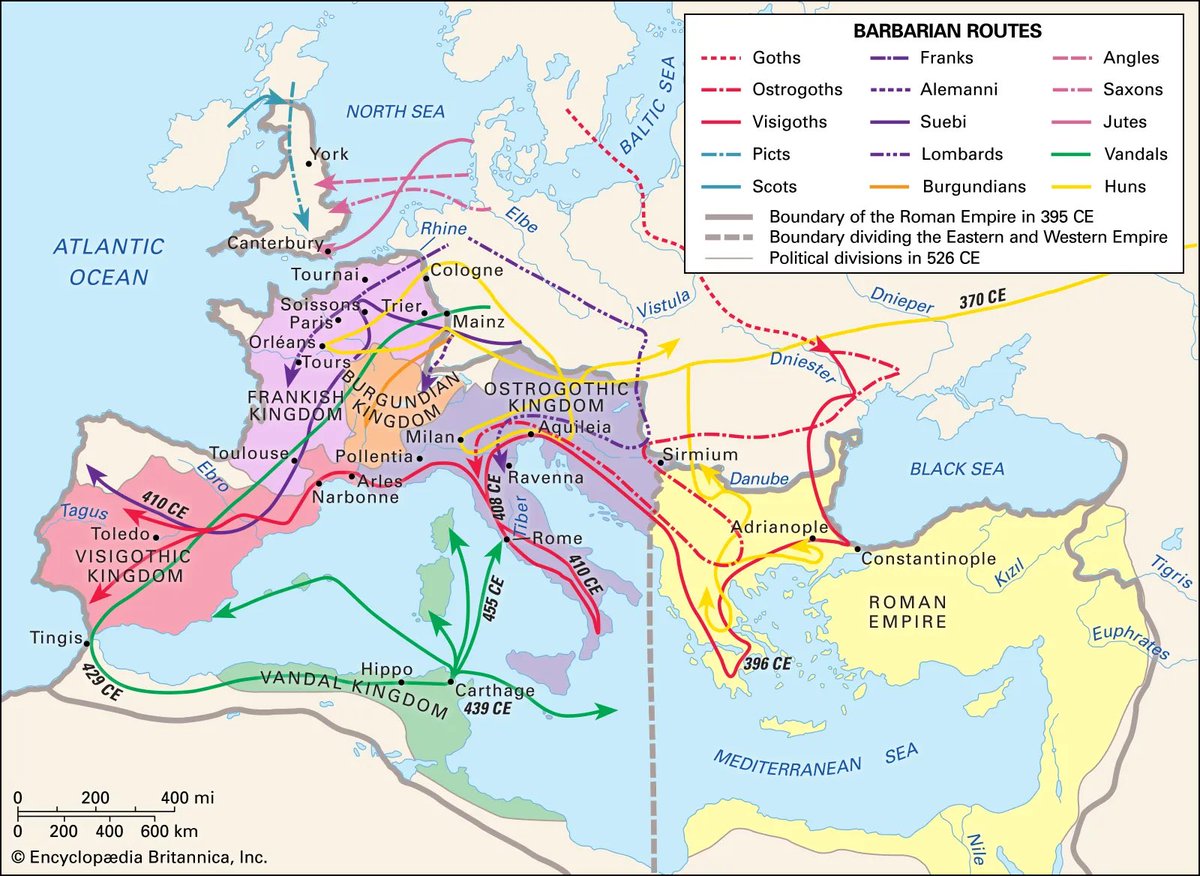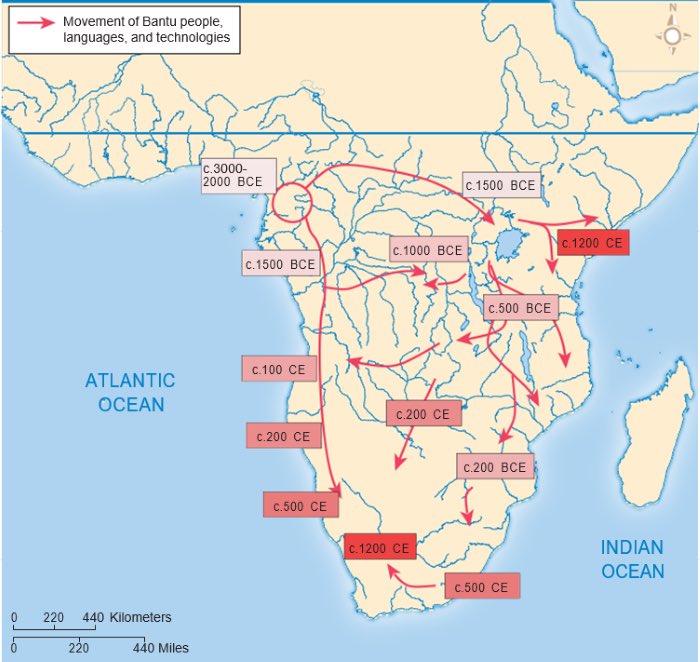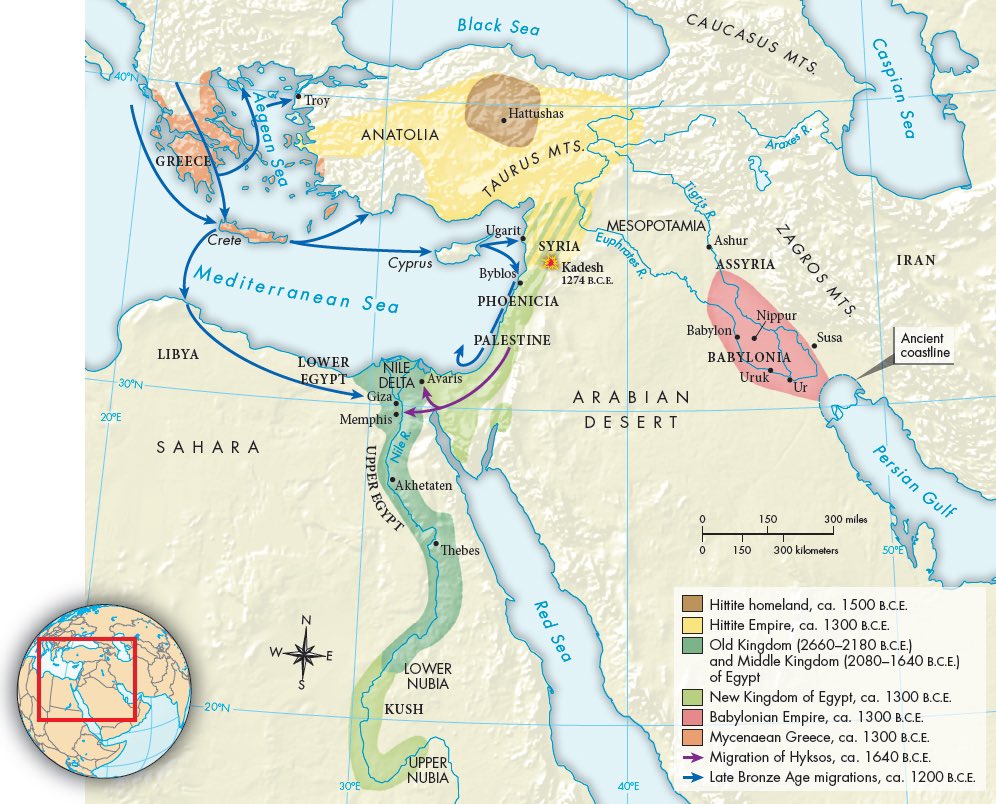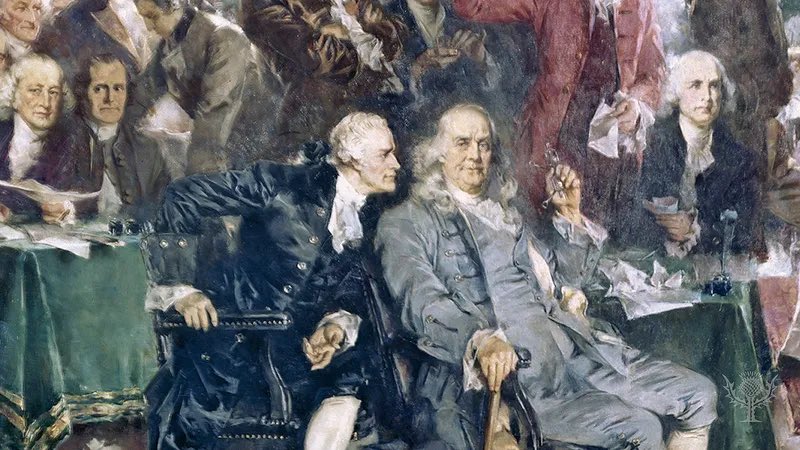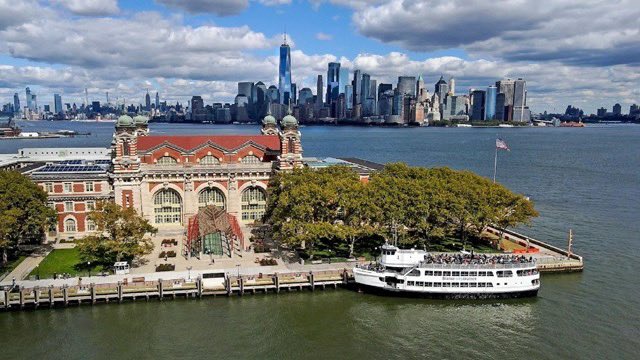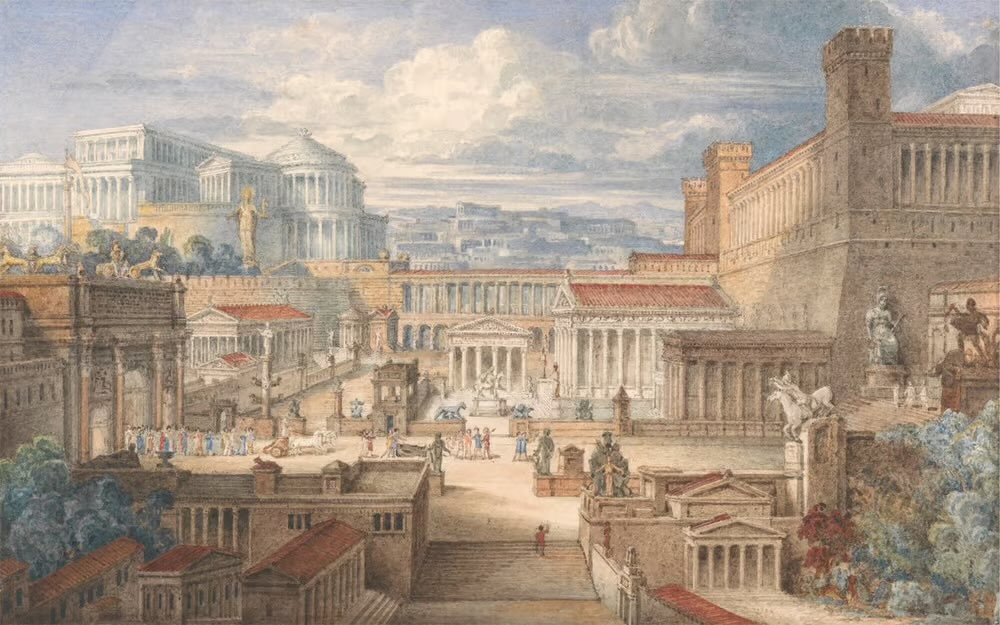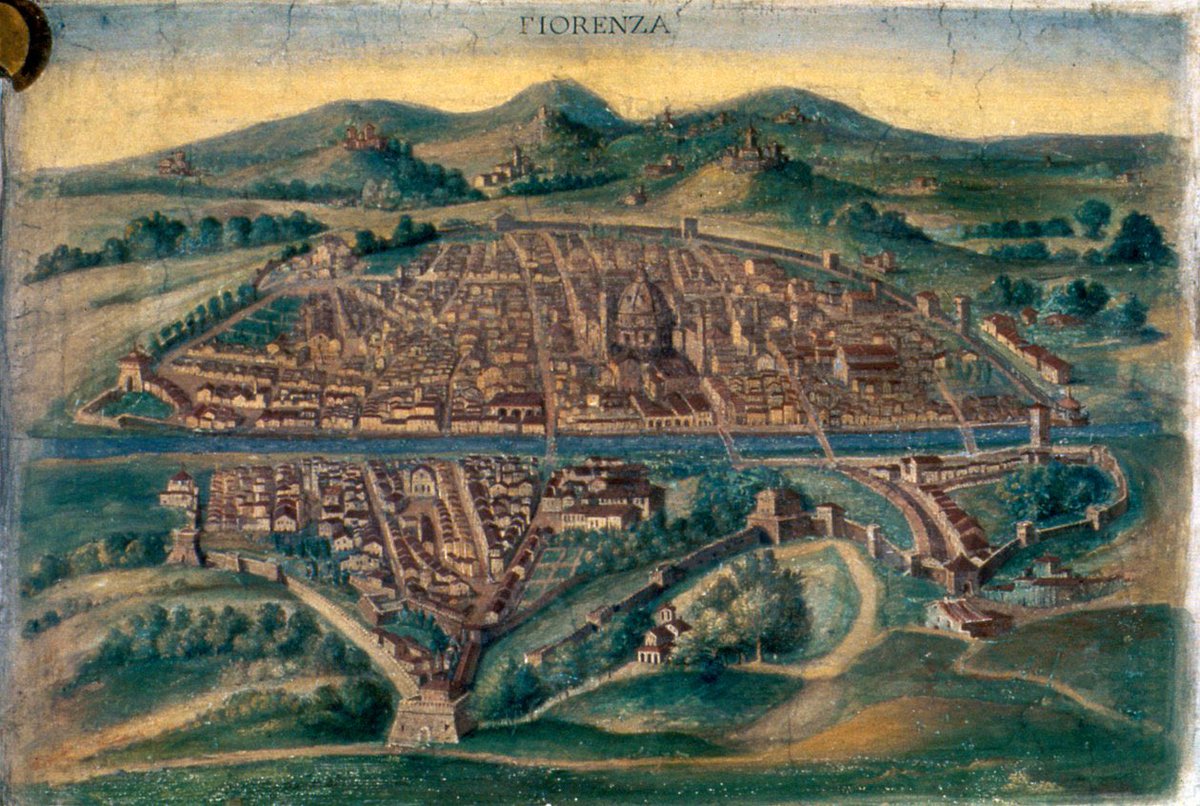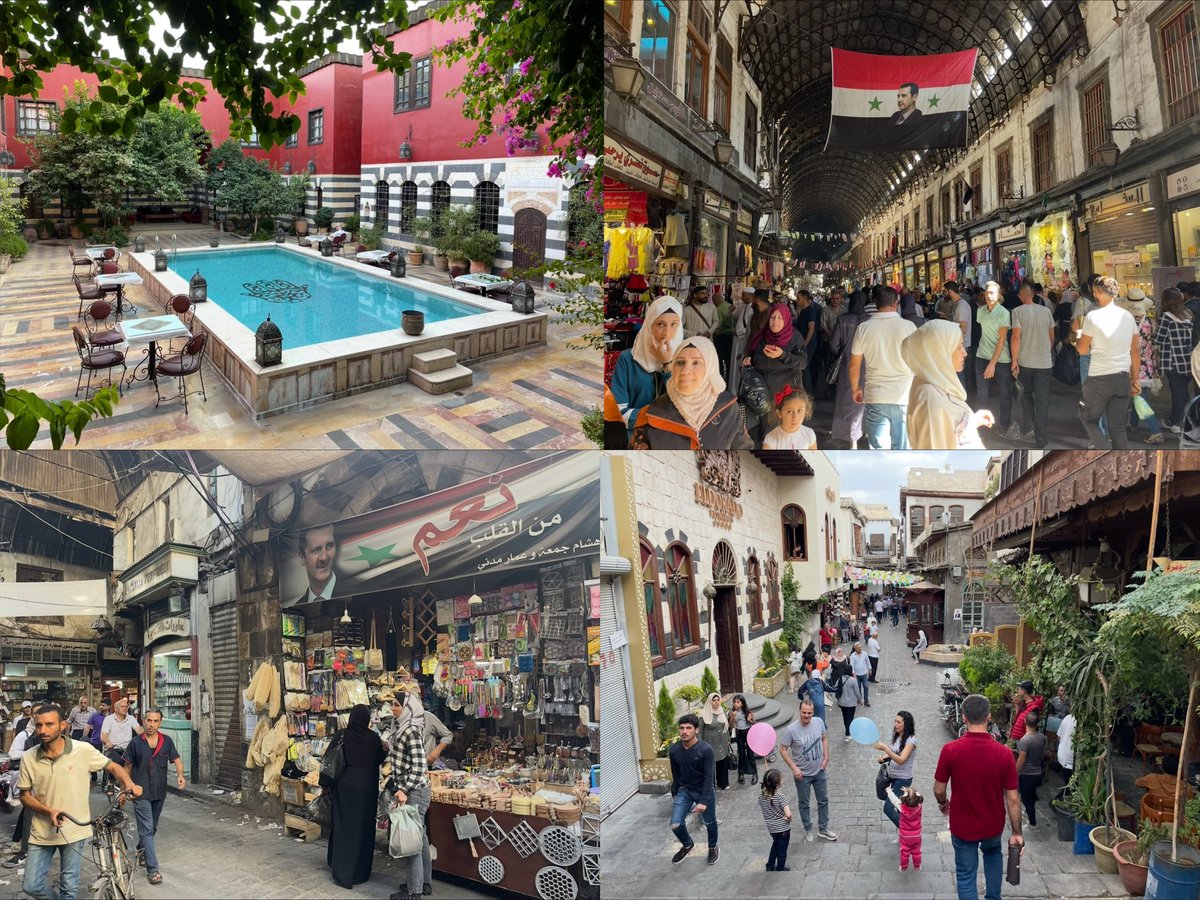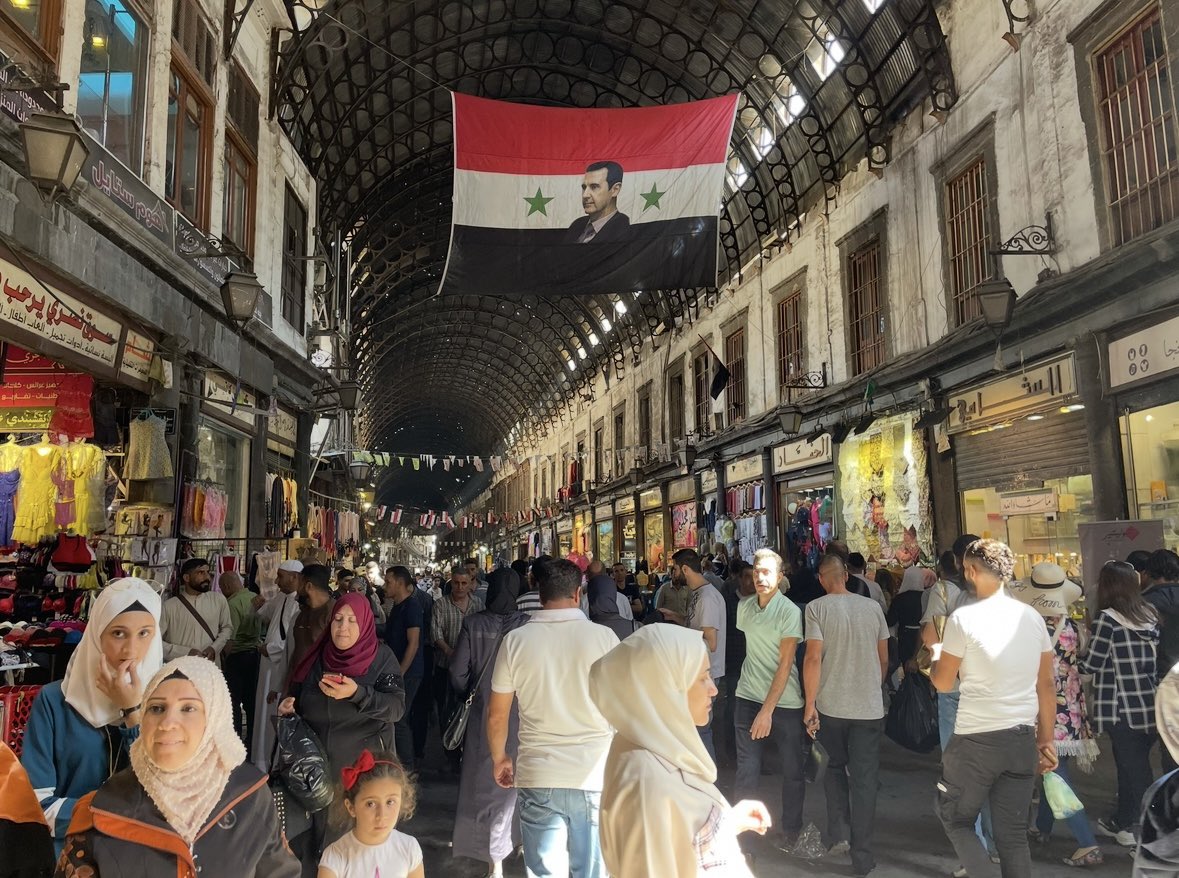HOW SOCIAL TRUST IS ERODED - A VISIT TO INDIA 🇮🇳
🧵 A few years ago now I spent some time in India. One of the more lasting impressions I have from that period was the degree to which the low trust environment there (of a kind) wore me down mentally and transformed my attitude towards public spaces from a by disposition fairly ‘high trust’ person to being much more cynical and constantly on guard - ie being ‘low trust’. Over the space of the first month or so, because of the environment, experiencing real psychogenic anguish at the mental transition from being basically well meaning and otherwise liberal to irritable, combative and developing (experience-informed) prejudices.
My assumptions about how easily you can sustain ‘high levels of social trust’ were shredded. Many people take for granted that high levels of social trust can be upheld without excessive coercion on a sort of naive libertarian basis of most people naturally being ‘fairly decent’ and so behaving ‘fairly decently’. Though I’d encountered this ‘low trust’ behaviour in a many other countries it was in india, because of how common and obtrusive it was, that it became impossible to avoid internalising that a lot of people are not in fact ‘fairly decent’ and that if enough not ‘fairly decent’ people get together they can easily despoil social environments.
Let me give you some examples of the kinds of behaviours you would encounter in India and then explain how prolonged exposure to those behaviours changes you. Granted you are a ‘Mleccha’, a ‘Gora’, (Foreigner, White Man) so qualifier you are treated differently but you still encounter these attitudes appreciably more than you would in many other countries. They do not of course represent the attitude of every Indian (I am an amateur Indologist I love India don’t @ me) but it evidences a certain ‘dog eat dog’ ‘tragedy of the commons’ mindset on the part of a part of the population that results in very appreciable low society wide social trust, at least over certain behaviours. (Others may be more policed eg social roles.) (Incidentally I think this mentality is one of the principal causes for many of India’s systemic problems but that is a separate topic.)
• Take a tuk-tuk or taxi. Driver pretends his meter is broken, quotes price ten times more than actual price. Doesn’t have any change, doesn’t have a card machine. Starts arguing with you when you say you are not giving them more money they should have the change. Sometimes will plead for large tip even if you pay them more than the actual price too. To combat this you have to be prepared to argue with the driver every time you take a taxi (start ‘fights’) and bring small change with you everywhere
• Taking the Mumbai Metro with a woman (naively), metro is incredibly crowded. Man uses crowd as an excuse to press himself up against the woman, starts masturbating. Woman screams, starts to have panic attack - but crowd doesn’t really react. She runs out crying at next metro stop
• Walking around on streets - lots of beggars approach you, often old women, young children, people with some kind of disfigurement, hijra etc. Sometimes they aggressively grab your wrist, your clothes, tug at your shirt and refuse to let go. Often will follow you for a while even if you tell them to go away
[1/2]
🧵 A few years ago now I spent some time in India. One of the more lasting impressions I have from that period was the degree to which the low trust environment there (of a kind) wore me down mentally and transformed my attitude towards public spaces from a by disposition fairly ‘high trust’ person to being much more cynical and constantly on guard - ie being ‘low trust’. Over the space of the first month or so, because of the environment, experiencing real psychogenic anguish at the mental transition from being basically well meaning and otherwise liberal to irritable, combative and developing (experience-informed) prejudices.
My assumptions about how easily you can sustain ‘high levels of social trust’ were shredded. Many people take for granted that high levels of social trust can be upheld without excessive coercion on a sort of naive libertarian basis of most people naturally being ‘fairly decent’ and so behaving ‘fairly decently’. Though I’d encountered this ‘low trust’ behaviour in a many other countries it was in india, because of how common and obtrusive it was, that it became impossible to avoid internalising that a lot of people are not in fact ‘fairly decent’ and that if enough not ‘fairly decent’ people get together they can easily despoil social environments.
Let me give you some examples of the kinds of behaviours you would encounter in India and then explain how prolonged exposure to those behaviours changes you. Granted you are a ‘Mleccha’, a ‘Gora’, (Foreigner, White Man) so qualifier you are treated differently but you still encounter these attitudes appreciably more than you would in many other countries. They do not of course represent the attitude of every Indian (I am an amateur Indologist I love India don’t @ me) but it evidences a certain ‘dog eat dog’ ‘tragedy of the commons’ mindset on the part of a part of the population that results in very appreciable low society wide social trust, at least over certain behaviours. (Others may be more policed eg social roles.) (Incidentally I think this mentality is one of the principal causes for many of India’s systemic problems but that is a separate topic.)
• Take a tuk-tuk or taxi. Driver pretends his meter is broken, quotes price ten times more than actual price. Doesn’t have any change, doesn’t have a card machine. Starts arguing with you when you say you are not giving them more money they should have the change. Sometimes will plead for large tip even if you pay them more than the actual price too. To combat this you have to be prepared to argue with the driver every time you take a taxi (start ‘fights’) and bring small change with you everywhere
• Taking the Mumbai Metro with a woman (naively), metro is incredibly crowded. Man uses crowd as an excuse to press himself up against the woman, starts masturbating. Woman screams, starts to have panic attack - but crowd doesn’t really react. She runs out crying at next metro stop
• Walking around on streets - lots of beggars approach you, often old women, young children, people with some kind of disfigurement, hijra etc. Sometimes they aggressively grab your wrist, your clothes, tug at your shirt and refuse to let go. Often will follow you for a while even if you tell them to go away
[1/2]
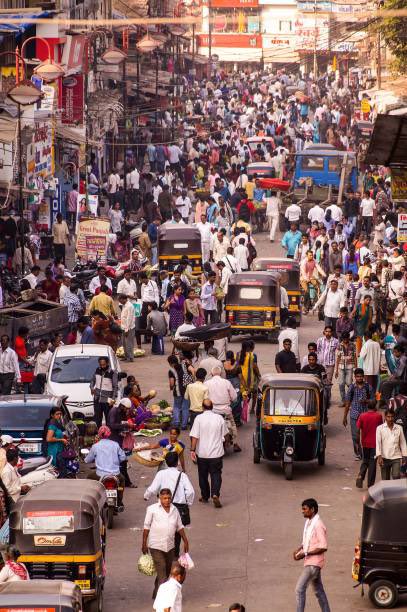
• Personal space is frequently invaded, no concept of queuing, people try to push past you even in formal settings like airport security or banks. Often will not even make eye contact when doing so, just push into you and try to push past you. Every time you queue you have to be prepared to physically push back against people to keep your space. Some people will get angry when you push back against you even though they pushed you first too
• Try to make purchase with a card, vendor says price is X. Tells you to put card into card machine and pay, tries to cover card machine but you can still see the screen. Has put in price six times as much as quoted. Say to him “this isn’t the price you told us, why have you made it more expensive?” “Oh sorry sorry accident sorry”
• Casual dropping of litter, waste. Spitting, honking constantly, noise, smell everywhere often. Cars swerving around the road, people lying in street etc. - very diminished conception of the public space. In many places going outside is a Live Action Player VS Player experience where you always need to be on guard. Can be exhausting, draining
Your first exposure to these kinds of behaviours, if you’re a basically well-meaning and polite person, you will tend to take them in good faith and respond politely, give people the benefit of the doubt. You take people at face value, maybe even try to help them in a modest way if you can. It can get a little tiresome but you afford people basic ‘human dignity’ and aren’t unduly rude to them. But then it happens again. And again. And again. And again and again and again. The people are rude to you, they don’t reciprocate, they don’t say thank you, they lie to your face, they push and shove and grab you, they try to scam you and then have the temerity to become angry with you when you tell them they are behaving badly.
As well-meaning as you might have originally been, you have so many of these low quality interactions that very quickly you start to frequently lose your patience - everybody you encounter annoys you. The relentlessness makes you start to just want to tell people to fuck off. Sometimes you do tell people to fuck off. You go into each encounter with your guard up, expecting a fight. Your mental priors start to adapt to the environment out of necessity - but as a learnt disposition, it starts to drag on you, tire you out. The environment is exhausting, you’ve come to expect everybody around you is trying to scam you in some way. Very occasionally, you might encounter someone who is actually sincere but your expectations are so low that you are pre-emptively rude to them. You yourself are now a part of the problem because you’re perpetuating the low trust environment. “Why so rude, what’s your problem?” “I’ve been made into this, the environment did this to me, I don’t have the energy to meet everyone in good faith. Statistically, I would be stupid if I did.”
I assume if you spend long enough in this kind of environment it ‘does a number’ on you mentally. You become permanently wired to expect people to exhibit low trust ‘third worldist’ behaviours towards you and often you in turn exhibit it towards others. Not even necessarily out of malice, just because you have to act similarly to not in turn be exploited yourself. Countries that have a reputation for being ‘scammers’ will often by disposition be like that because of the low trust environment in their country, those attitudes emerge out of it.
It has been said that high trust environments are quite rare historically. For a high trust environment to transition to a low trust environment all it often requires is for a relatively small group of people to begin behaving in a low trust manner and then for their low trust behaviour to not be policed. Eventually the rest of the society must mentally adapt to that low trust behaviour - ie become itself low trust - in order to not become victims of it.
[2/2]
• Try to make purchase with a card, vendor says price is X. Tells you to put card into card machine and pay, tries to cover card machine but you can still see the screen. Has put in price six times as much as quoted. Say to him “this isn’t the price you told us, why have you made it more expensive?” “Oh sorry sorry accident sorry”
• Casual dropping of litter, waste. Spitting, honking constantly, noise, smell everywhere often. Cars swerving around the road, people lying in street etc. - very diminished conception of the public space. In many places going outside is a Live Action Player VS Player experience where you always need to be on guard. Can be exhausting, draining
Your first exposure to these kinds of behaviours, if you’re a basically well-meaning and polite person, you will tend to take them in good faith and respond politely, give people the benefit of the doubt. You take people at face value, maybe even try to help them in a modest way if you can. It can get a little tiresome but you afford people basic ‘human dignity’ and aren’t unduly rude to them. But then it happens again. And again. And again. And again and again and again. The people are rude to you, they don’t reciprocate, they don’t say thank you, they lie to your face, they push and shove and grab you, they try to scam you and then have the temerity to become angry with you when you tell them they are behaving badly.
As well-meaning as you might have originally been, you have so many of these low quality interactions that very quickly you start to frequently lose your patience - everybody you encounter annoys you. The relentlessness makes you start to just want to tell people to fuck off. Sometimes you do tell people to fuck off. You go into each encounter with your guard up, expecting a fight. Your mental priors start to adapt to the environment out of necessity - but as a learnt disposition, it starts to drag on you, tire you out. The environment is exhausting, you’ve come to expect everybody around you is trying to scam you in some way. Very occasionally, you might encounter someone who is actually sincere but your expectations are so low that you are pre-emptively rude to them. You yourself are now a part of the problem because you’re perpetuating the low trust environment. “Why so rude, what’s your problem?” “I’ve been made into this, the environment did this to me, I don’t have the energy to meet everyone in good faith. Statistically, I would be stupid if I did.”
I assume if you spend long enough in this kind of environment it ‘does a number’ on you mentally. You become permanently wired to expect people to exhibit low trust ‘third worldist’ behaviours towards you and often you in turn exhibit it towards others. Not even necessarily out of malice, just because you have to act similarly to not in turn be exploited yourself. Countries that have a reputation for being ‘scammers’ will often by disposition be like that because of the low trust environment in their country, those attitudes emerge out of it.
It has been said that high trust environments are quite rare historically. For a high trust environment to transition to a low trust environment all it often requires is for a relatively small group of people to begin behaving in a low trust manner and then for their low trust behaviour to not be policed. Eventually the rest of the society must mentally adapt to that low trust behaviour - ie become itself low trust - in order to not become victims of it.
[2/2]

ADDENDUM: Already received my first death wish from an Indian X User for this post on the grounds that ‘some of these behaviours are made up and don’t happen’ (reprehensibly delusional denialism and very conceited - this is all my own experience) but this post is not intended as an attack, just a respectfully descriptive personal anecdote. Probably there will be more such attacks on similar grounds. Lots of unpleasant and spiteful people and factions online, exhausting to be in shared social environments with them but their behaviour does go some way towards demonstrating how these ‘low trust’ environments are created. QED
• • •
Missing some Tweet in this thread? You can try to
force a refresh





